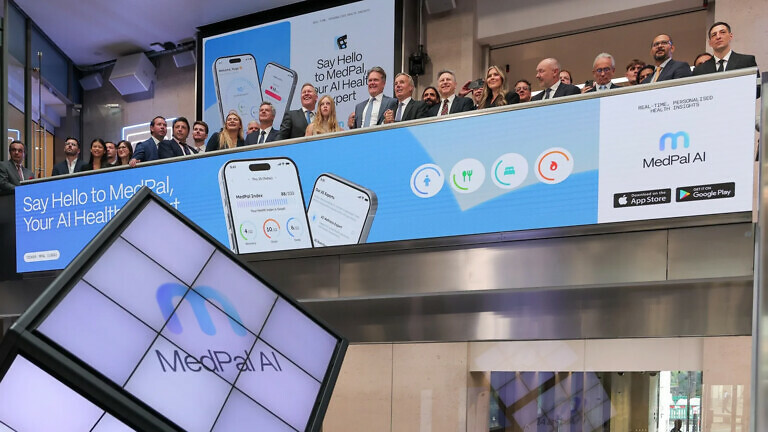In its pre-budget submission, the Association of the British Pharmaceutical Industry continues to call for a review to boost the life sciences industry.
The Association of the British Pharmaceutical Industry (ABPI) has used its pre-budget submission to urge the government to take steps to reverse a decade-long decline in investment and restore the UK’s position as a global leader in life sciences.
As Healthcare Today reported in September, since 2018, UK pharmaceutical r&d investment has underperformed against global trends, with a significant slowdown starting in 2020, when UK growth fell to 1.9% a year, behind the global average of 6.6% annual growth. Pharmaceutical industry investment in r&d actually fell in 2023 by nearly £100 million.
The ABPI is urging the Treasury to work with the Department of Health and Social Care (DHSC) to create the conditions for greater investment in innovative medicines and to improve the UK’s commercial environment.
“The UK has the talent, science base and heritage to lead the world in life sciences, but right now we are falling behind,” said ABPI chief executive Richard Torbett.
“To change course, the Treasury and the Department of Health must work together to create the right conditions for investment in innovation. If we act now, we can restore the UK’s global standing, unlock billions in r&d investment, and deliver better outcomes for patients and the economy alike,” he continued.

High and unpredictable
The ABPI has the low and outdated cost-effectiveness thresholds used by the National Institute for Health and Care Excellence (NICE) in its sights and to reduce what it sees as the UK’s “high and unpredictable” branded medicines revenue rebate rates to single digits, as is the case in other similar European countries.
It currently stands at 22.9%
The organisation says that NICE’s baseline cost-effectiveness threshold has remained unchanged for more than 20 years, which means that what the UK is willing to pay for new medicines which provably improve a human life has almost halved (47%) since 1999.
The ABPI has long campaigned against this payment rate.
Increasing the threshold will also yield broader economic benefits by improving the UK’s competitiveness, enabling pharmaceutical companies to invest, conduct clinical trials, and engage in joint projects with the NHS. The organisation estimates that if the UK became more competitive, the country could recover between £2.2 billion and £3.4 billion of r&d investment by 2028.
This year, US pharmaceutical giants like Merck and AstraZeneca have mothballed plans to increase investment in the UK, partly as a result of the high revenue rebate rates.



